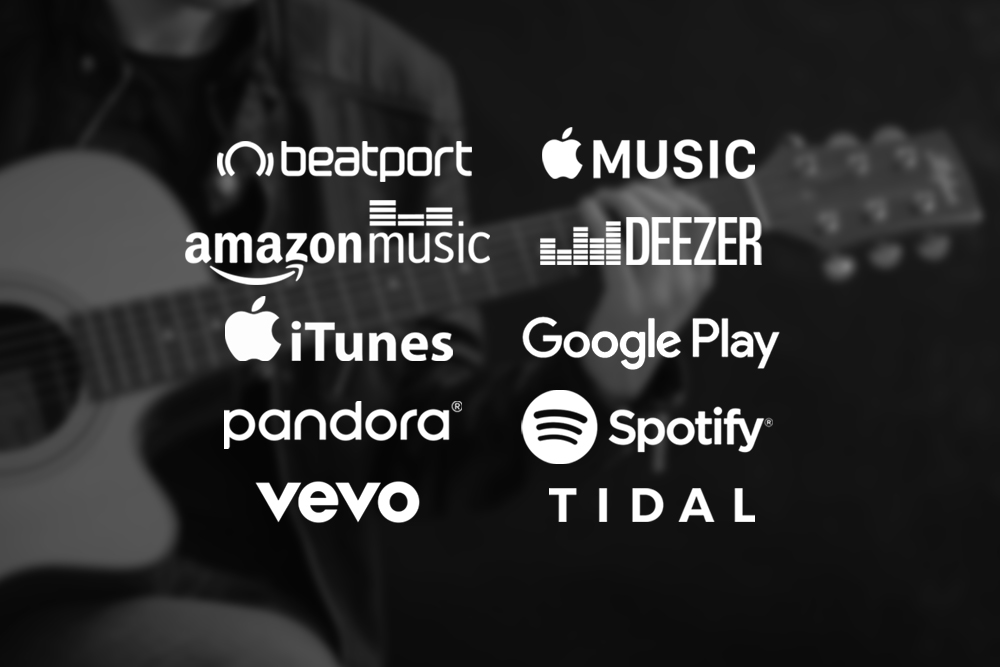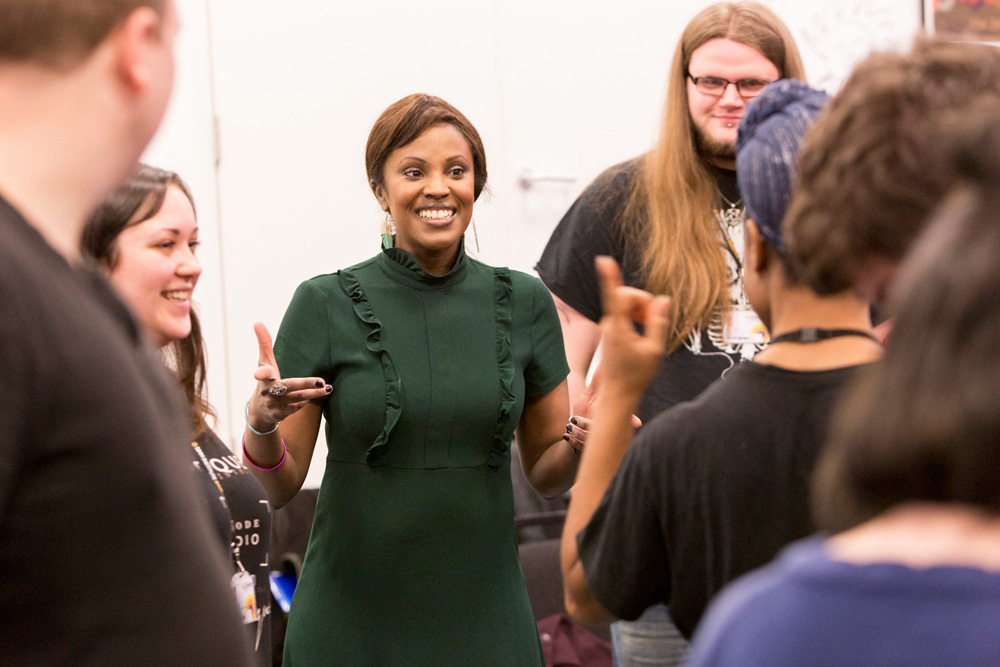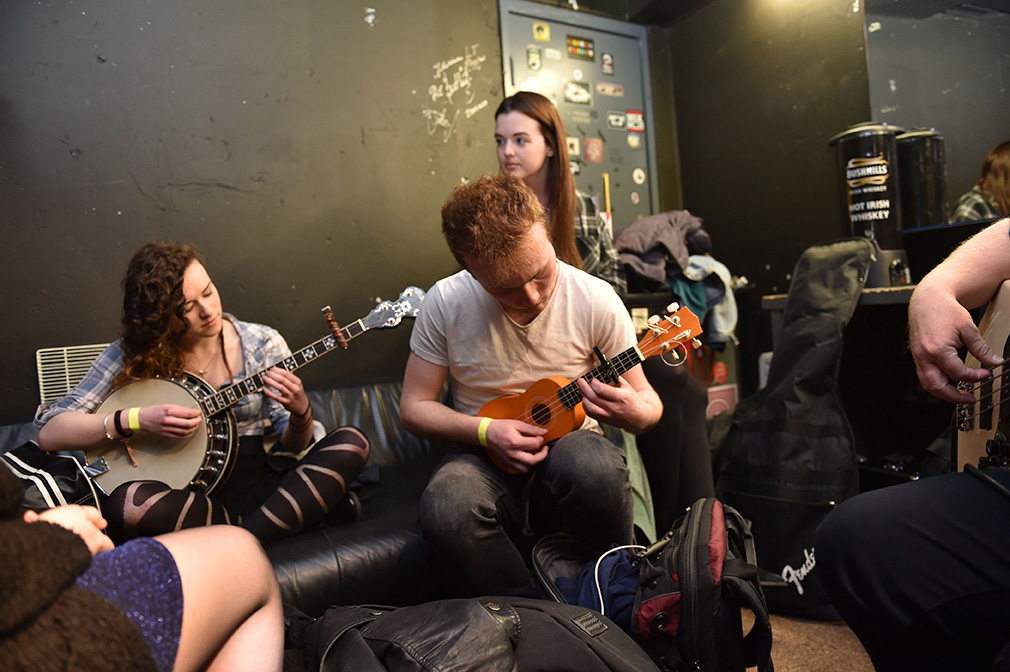Our friends over at Ditto Music are working hard helping unsigned artists and bands sell music online. So we asked them to share what a Music Distributor gets up to day to day…
Whatever kind of music you make, if you’re not releasing your tracks online, you’re missing out on the potential royalties and exposure that comes with getting your tracks into the biggest online stores and streaming platforms. Nowadays, an effective independent music career in essential to your long-term success as a musician, whether you’re hoping to get signed in the future or not.
Thankfully, unsigned artists don’t need the backing of a label to release music on iTunes, Spotify, Apple Music and other major stores.
Anyone can release their tracks through an Independent music distributor – sometimes known as a music aggregator – and start collecting royalties from sales and streams.
Independent music distributors
Independent music distributors act as a go-between for unsigned artists and the online music stores. Indie artists and bands can simply upload their singles, EPs and albums, pay a small annual fee, and get their music live on the biggest platforms.
However, before you start uploading your music to a distributor, you need to make sure your tracks are ready to release.
Make sure your tracks are ready to release
If you haven’t recorded your tracks yet, it’s time to get into the studio and record, mix and master a high-quality version of the music you want to put out. Only MP3 and WAV files will be accepted by online stores, so make sure you have them in the right format.
You’ll also need to upload artwork alongside your track. It’ll need to be at least 2400 x 2400 pixels in size. Be sure to put some thought into your artwork, as it’s often the first impression you’ll give to a potential listener looking to discover new music.
Get the necessary licenses
If the music you’re releasing is 100% your own creation, you don’t need to worry about licensing. You can just upload your tracks and release them. Simple as that.
However, if you’ve recorded a cover song, remix or a track using samples of other songs, you may need to acquire a license before you release.
If you’re releasing a cover song in the UK only, you won’t need a license, but if you’re making it available in North America, you’ll need to get a Mechanical License. For remixes, a Master Use License is required for worldwide distribution. If you’re using samples, you’ll need both a Master Use and Mechanical License for worldwide distribution.
You can purchase the necessary licenses from several different companies online, including Songfile and Easy Song Licensing. Different companies offer different options and services, so do your research and find the one that’s applicable to your release.
Plan your release strategy
A well-planned and effective strategy can make or break a release, and seriously boost the number of streams, downloads and exposure your music achieves.
You should start promoting your release around 6 to 8 weeks before the date it’s set to drop. Don’t just put a track out there and hope for the best.
Ideally, you’d be able to hire the services of a PR company and radio plugger to help get plenty of coverage and airplay for your latest release, but this obviously isn’t possible for many independent artists. So, if you’re low on funds, there’s plenty you can do yourself.
Social media is one of the best weapons in an unsigned acts arsenal, and sites like Facebook, Twitter and Instagram provide an easy – and most importantly free – promotional platform. Make sure you’re regularly posting great content, inviting new fans to check out your profile and music, and responding to and engaging with the followers you already have.
DIY PR is another good way to promote your music, but it can be hard work and you’ll need to be patient and persistent. Create an eye-catching EPK (electronic press kit), write an exciting press release, and reach out to any bloggers or journalists you think would be interested to write about you.
The key is to create a buzz around your music, head out to play as many gigs as you can and force new fans to take notice. But most importantly of all – make great music!



